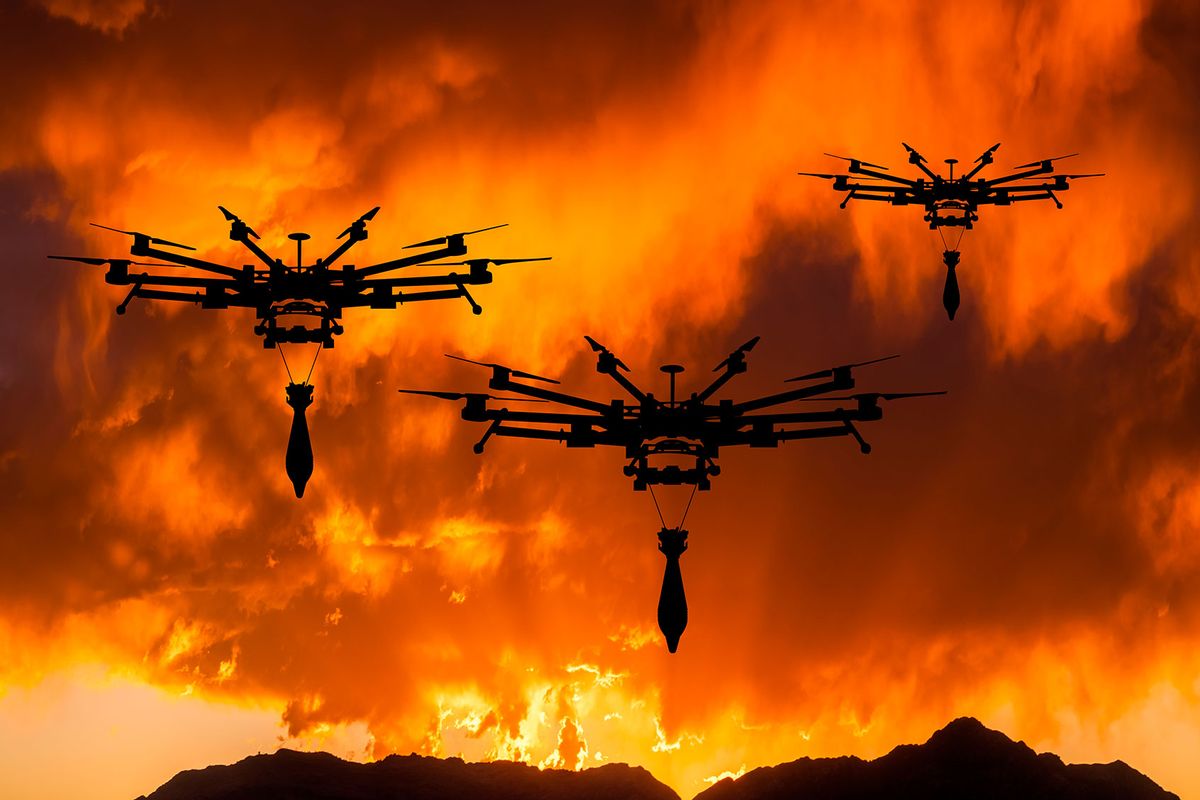Is the Primary Intelligence on Earth Destined to be Artificial?
 |
| Geoffrey Hinton |
"The existential threat is the one I've talked about the most, but that's not the most urgent part. I think surveillance is something to worry about. AI is going o be very good at surveillance.""I left Google because I was 75. I wanted a break and to watch a lot of Netflix. But also as I left Google, I figured I could just warn ... that in the long run, these things could get smarter than us and might go rogue.""That's not science fiction like Aidan Gomez [co-fouunder of Cohere AI company in Toronto] thinks. that's real.""[How can the world counter problems associated with AI?] For most things, I have no idea what they should do.""[Governments must conduct large safety experiments since they're] the only thing powerful enough to make the big companies invest significant amounts of money.""My suggestion was [in discussing how to 'build up resistance' to AI-generated material that spreads falsehoods] pay for a lot of advertisements where you have a very convincing fake video, and then right at the end of it say, 'This was a fake video'."AI pioneer Geoffrey Hinton
 |
| Hinton, right, helped develop neural networks with his University of Toronto graduate students, Alex Krizhevsky and Ilya Sutskever. (The University of Toronto) |
Geoffrey Hinton's opinions are generally speaking, important to a lot of people in the world of IT technology. The Nobel Prize of computing, the A.M. Turing Award was one of his recognition awards, given him in 2018 with Yoshua Bengio and Yann LeCun (who happens not to agree with the existential threat theory that is Hinton's pet project). Mr. Hinton recently delivered a 20-minute lecture at the Collision tech conference that took place in Toronto.
He is famous among his peers for the doomsday warnings he issues surrounding Artificial Intelligence. But for this occasion his spotlight shifted to an issue he described as imminently more pressing for humanity. He believes that surveillance is an overlooked issue, one that should be drawing concerned attention in that its use could be of valued assistance to authoritarian regimes to use and abuse its potential to enable them to retain power. He envisages few protections available against these regimes.
Beijing in particular is well known to have used AI for the singular purpose of spying on its vast population. He spoke on this occasion of the world being overdue in recognizing the threats associated with the increasing use of AI and its dangerous modifications, along with its growing 'intelligence' adeptness. At the conference he spoke of the rise of lethal autonomous weapons, not merely those already in their initial use, but more being developed to take full advantage of the technology's potential.
 |
| Military drones with a bombs at sunset (Getty Images/Anton Petrus) |
Fake videos, corrupted elections, cybercrime and job losses, he asserted could all have the effect of increasing the widening gap between the world's wealthy and its poor. An 'alignment problem' exists owing to the fact that humanity finds it difficult to agree on what is promising and advantageous yet could also have unfortunate repercussions with the powerful technology in the wrong hands. He spoke of battle robots and the very existence of humanity being threatened as a result of AI.
The tech community is divided on these prognosticatians; some believing an existential crisis is a remote possibility the future will be able to deal with, while others feeling the fears of runaway AI will not materialize at all, since human ingenuity and intelligence will be capable of stopping AI's possible humanity-threatening features.
 |
| Geoffrey Hinton — a computer scientist known as 'the godfather of AI' — has stepped down from his role at Google and is warning about the potential dangers of a future in which artificial intelligence surpasses human intelligence. (Submitted by Geoffrey Hinton) |
Labels: Artificial Intelligence, Fears, Potential Impact on Humanity

0 Comments:
Post a Comment
<< Home